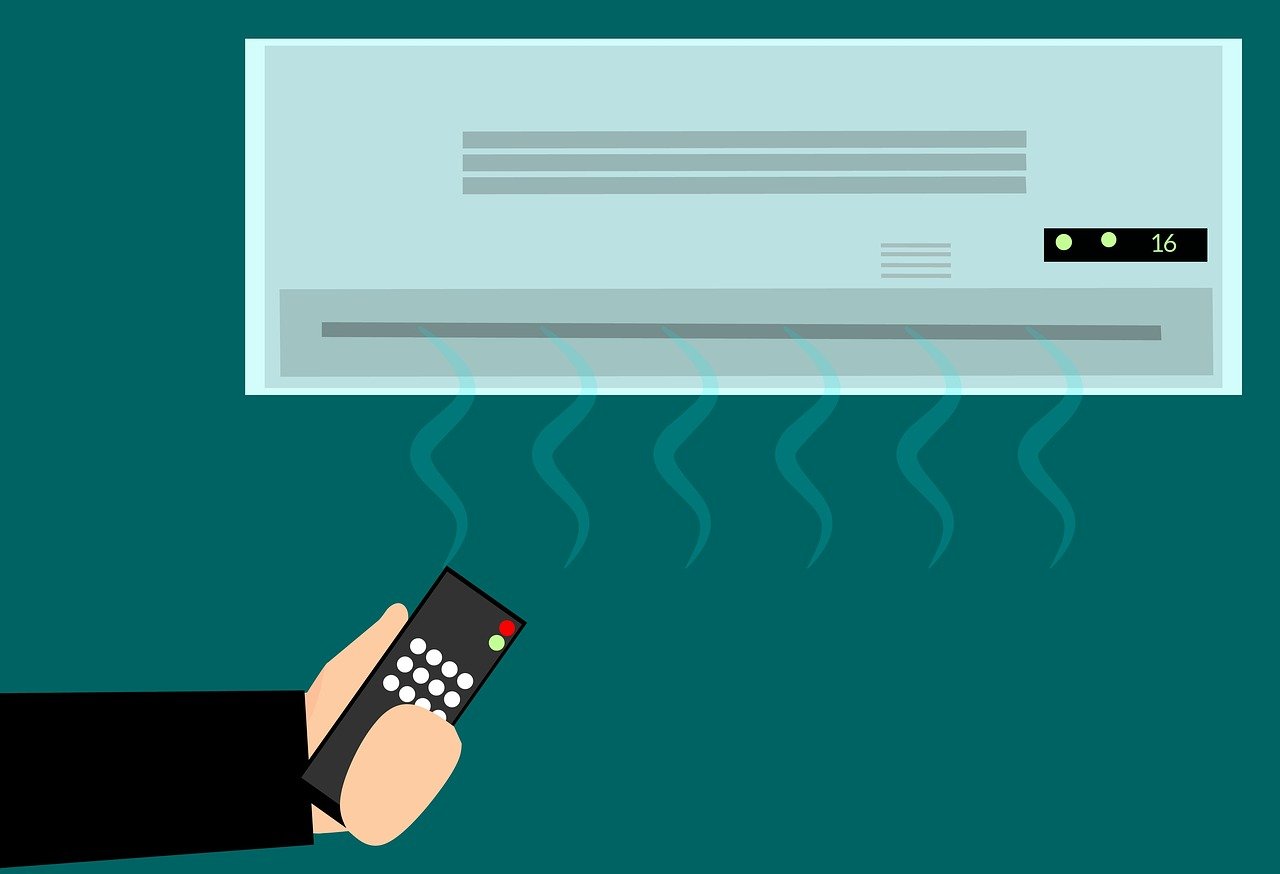Water Circulation Based Low Power Consumption Air Conditioner
DOI:
https://doi.org/10.31033/ijemr.13.3.10Keywords:
Energy Saving, Water Circulation, Low Current, Air ConditionerAbstract
This abstract introduces a novel air conditioning system that utilizes water circulation to achieve reduced power consumption. Traditional air conditioners consume significant amounts of energy, leading to high electricity bills and environmental concerns. In this system, water is utilized as a cooling medium instead of refrigerants, offering a more sustainable and energy-efficient approach. Normally water not used as refrigerant but we have used it because it can work for both as air conditioning as well as chiller. Water is second refrigerant mostly used for larger and more complex HVACR application .R134a (hydrocarbon) gas is used for heat transfer for home cooling. Preliminary tests of the water circulation achieved significant reductions in power consumption compared to traditional compressor-based air conditioners, while maintaining satisfactory cooling performance. This innovation holds great potential for improving energy efficiency and reducing environmental impact in the field of air conditioning, contributing to sustainable and eco-friendly cooling solutions. Water cooled chillers use water as a refrigerant instead of toxic chemicals which makes it safer and environment friendly.
Downloads

Downloads
Published
How to Cite
Issue
Section
License
Copyright (c) 2023 Ajay Kumar, Ajay Kumar, Amit, Sunil Saharan

This work is licensed under a Creative Commons Attribution 4.0 International License.











